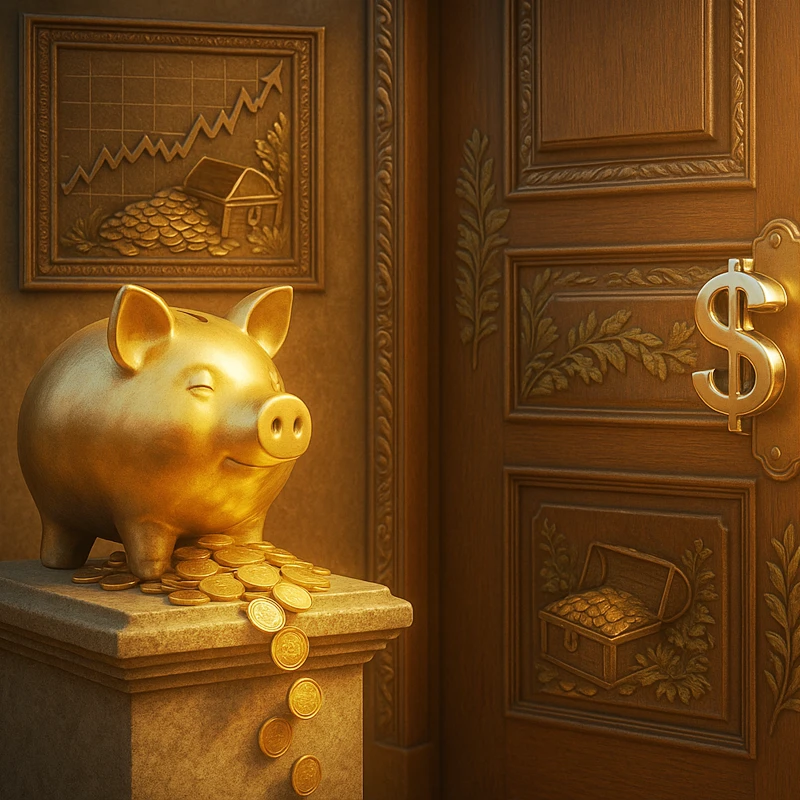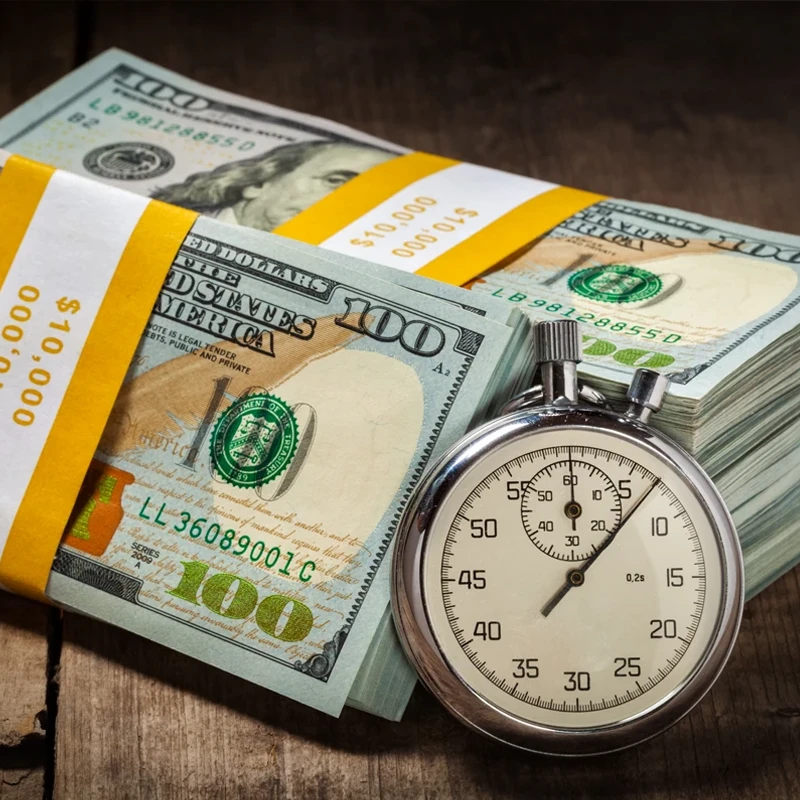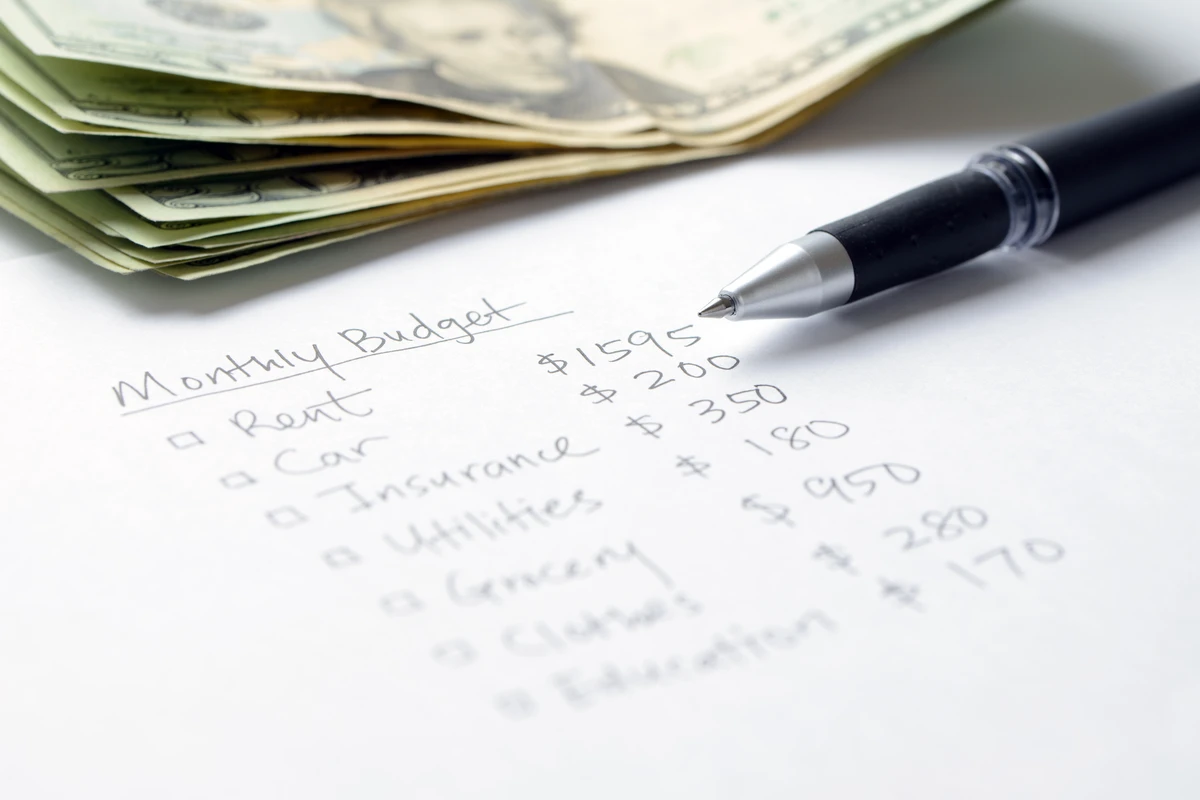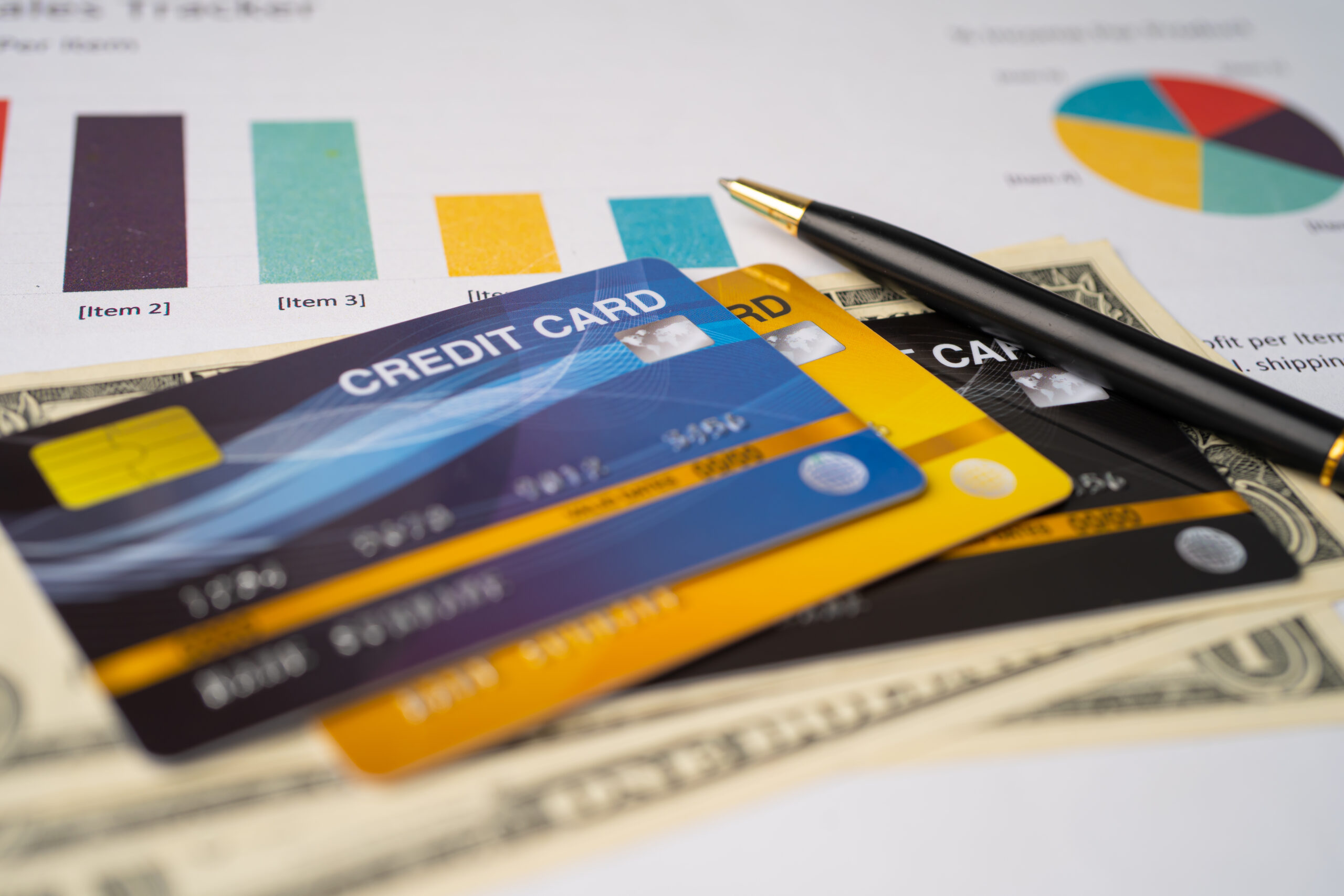Let’s be honest: the word “budget” doesn’t exactly scream freedom. It sounds like spreadsheets, sacrifice, and saying no to brunch. But in 2025, with inflation still playing peekaboo with your paycheck and subscription creep draining your wallet, not having a budget is like driving cross-country with no map, no snacks, and a gas tank that’s “probably fine.”
So if you’ve ever thought, “I make enough—I don’t need a budget,” or “Budgets are for people who are bad with money,” this article is your wake-up call. Because budgeting isn’t about restriction—it’s about intention. And it’s the difference between thriving and just surviving.
🧠 Why Budgeting Matters More Than Ever in 2025
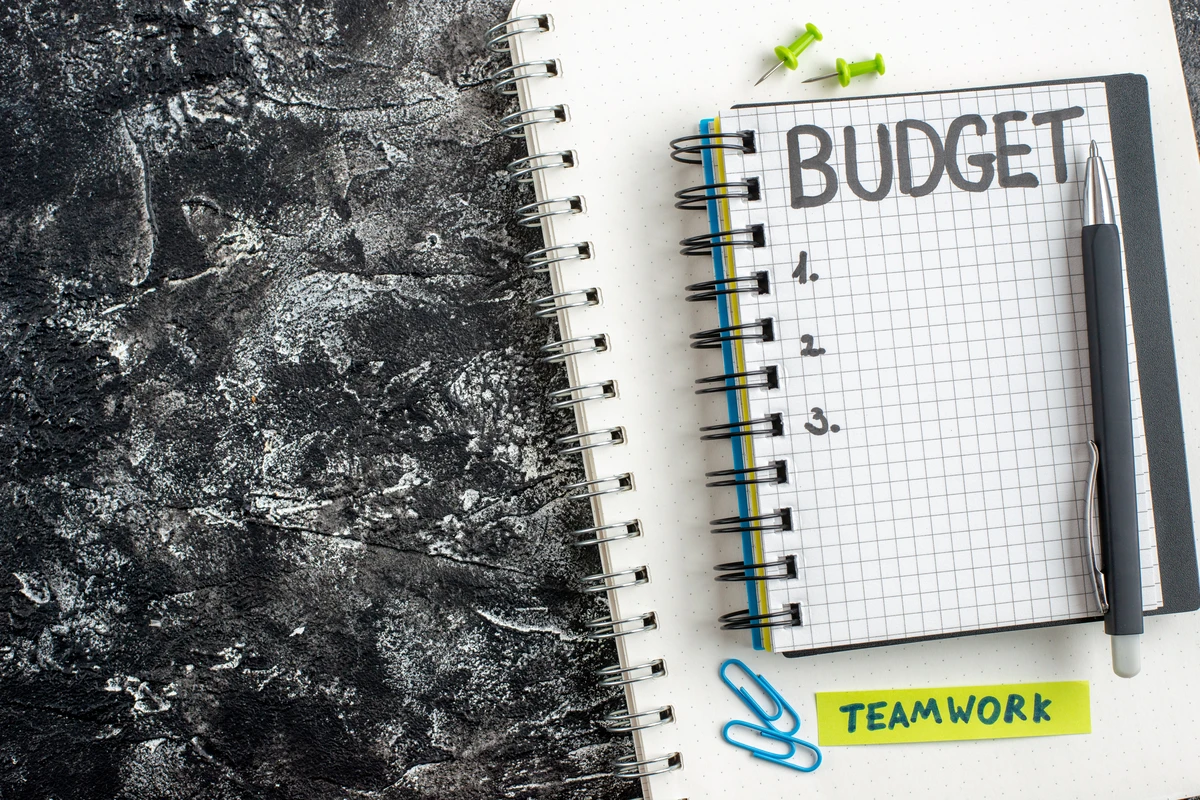
According to FocusCFO, budgeting in 2025 is essential for navigating economic uncertainty, rising interest rates, and unpredictable expenses. Whether you’re a freelancer with fluctuating income or a salaried employee with a Netflix habit, a budget helps you:
- Track your spending
- Prioritize your goals
- Avoid debt traps
- Build financial resilience
And let’s not forget the emotional side: budgeting reduces stress. It gives you clarity, control, and the confidence to say “yes” to what matters—and “no” to what doesn’t.
🚨 The Downsides of Not Having a Budget
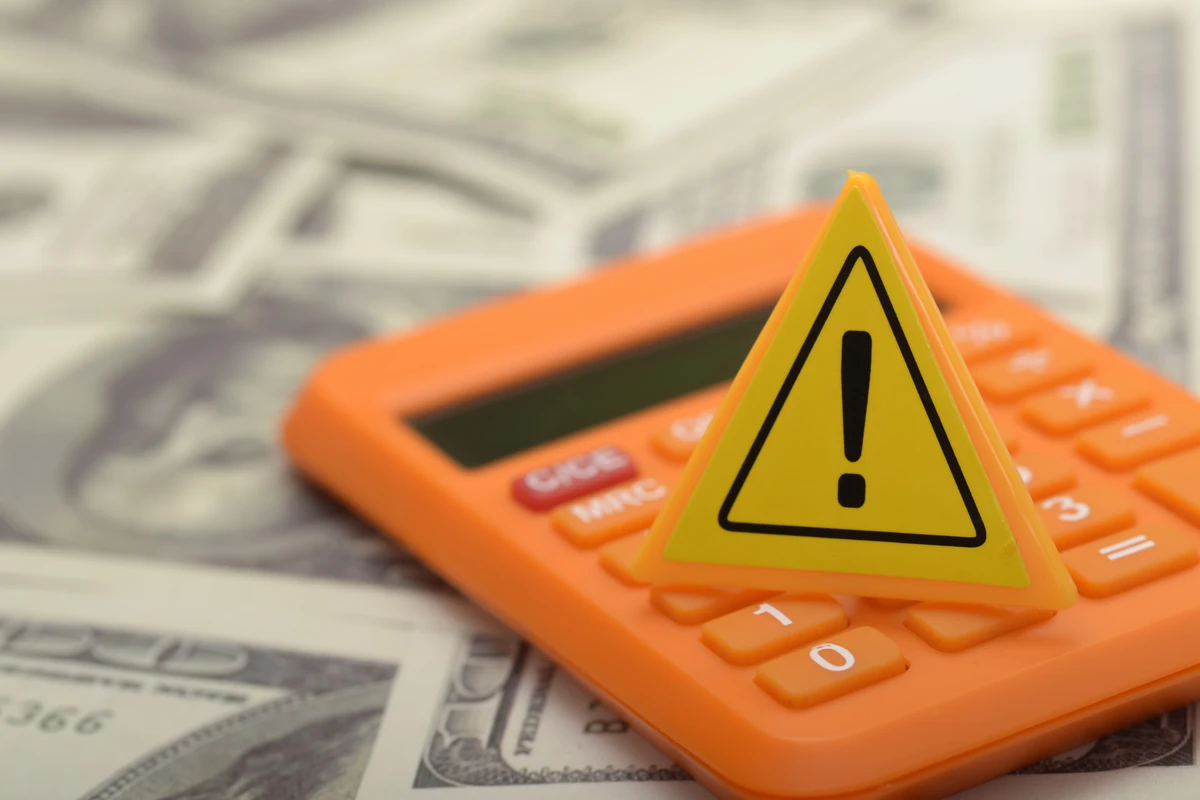
Skipping the budget might feel freeing at first, but it comes with hidden costs. According to The Finance Key, here’s what you risk:
1. Overspending
Without a budget, you’re guessing. And guesswork leads to impulse buys, lifestyle inflation, and the dreaded “Where did my money go?” moment.
2. Missed Financial Goals
Want to buy a house? Travel more? Retire before 70? Without a budget, those dreams stay dreams.
3. Increased Debt Risk
No plan = more reliance on credit cards and loans. And with interest rates averaging 20% on consumer credit in 2025, that’s a fast track to financial regret.
4. Emergency Unpreparedness
Life throws curveballs. A budget helps you build an emergency fund so you’re not scrambling when your car breaks down or your dog eats something questionable.
5. Relationship Stress
Money fights are the #1 cause of relationship tension. A shared budget promotes transparency, teamwork, and fewer passive-aggressive Venmo requests.
💡 The Benefits of Having a Budget

Now for the good stuff. A budget isn’t just a financial tool—it’s a lifestyle upgrade.
- ✅ You know where your money goes
- ✅ You can say “yes” to things you truly value
- ✅ You build savings without feeling deprived
- ✅ You reduce anxiety and increase confidence
- ✅ You make smarter decisions—on everything from groceries to investments
Budgeting is like giving your money a job. And when every dollar has a purpose, your financial life starts working for you.
📊 How to Structure a Budget Based on Your Income Bracket

Whether you’re earning $35K or $350K, the principles are the same—just scaled. Here’s how to build a budget that fits your life:
💼 For Incomes Under $50K
Use the classic 50/30/20 rule:
- 50% Needs (rent, groceries, insurance)
- 30% Wants (dining out, hobbies, streaming)
- 20% Savings & Debt Repayment
Tips:
- Use free apps like Mint or EveryDollar
- Automate savings—even $25/week adds up
- Prioritize high-interest debt first
💳 For Incomes $50K–$100K
You’ve got more flexibility—use it wisely.
- 45% Needs
- 25% Wants
- 30% Savings & Investments
Tips:
- Max out employer retirement matches
- Start sinking funds for travel, gifts, and car repairs
- Review subscriptions quarterly (goodbye, unused fitness app)
🏦 For Incomes Over $100K
Time to optimize.
- 40% Needs
- 20% Wants
- 40% Savings, Investments, and Tax Strategy
Tips:
- Work with a financial planner for tax efficiency
- Use high-yield savings accounts and brokerage platforms
- Plan for long-term goals: real estate, early retirement, legacy giving
According to Domain Money, high earners should aim for 25–35% savings rates and prioritize tax-advantaged accounts like 401(k)s, HSAs, and Roth IRAs.
🧘♀️ Budgeting Without the Burnout

Budgeting doesn’t have to be rigid or joyless. Here’s how to make it sustainable:
- Name your priorities: What do you actually care about? Travel? Wellness? Home decor? Budget for it.
- Use visuals: Color-coded spreadsheets, emoji-labeled categories—make it fun.
- Review monthly: Treat it like a check-in, not a punishment.
Celebrate wins: Paid off a credit card? Saved $500? Treat yourself (within budget, of course).
🧠 Final Thoughts: Budgeting Is Self-Care
In your 20s and 30s, budgeting feels like adulting. In your 40s, it feels like freedom. It’s not about deprivation—it’s about direction. It’s the difference between reacting to your finances and leading them.
So next time someone says, “You don’t need a budget,” smile politely and keep building yours. Because you’re not just managing money—you’re designing a life.

